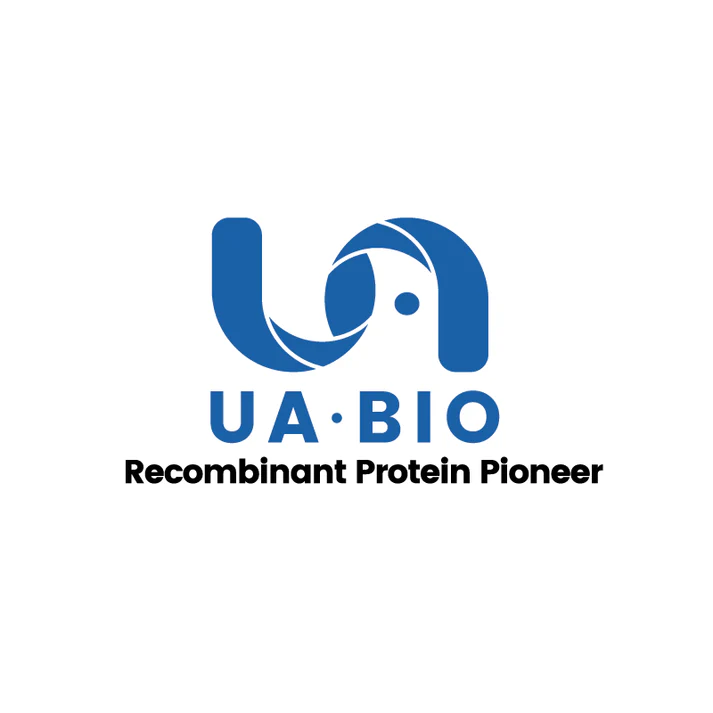1μg (R: reducing condition, N: non-reducing condition).
Product Details
Product Details
Product Specification
| Species | Human |
| Synonyms | ACP3; PAP, 5'-NT, ACP-3, Prostatic Acid Phosphatase |
| Accession | P15309-2 |
| Amino Acid Sequence | Lys33-Lys382, with C-terminal His and Avitag |
| Expression System | HEK293 |
| Molecular Weight | 45-50kDa (Reducing) |
| Purity | >95% by SDS-PAGE |
| Endotoxin | <1EU/μg |
| Conjugation | Biotin |
| Tag | Avi Tag, His Tag |
| Physical Appearance | Lyophilized Powder |
| Storage Buffer | PBS, pH7.4. |
| Reconstitution | Reconstitute at 0.1-1 mg/ml according to the size in ultrapure water after rapid centrifugation. |
| Stability & Storage | · 12 months from date of receipt, lyophilized powder stored at -20 to -80℃. · 3 months, -20 to -80℃ under sterile conditions after reconstitution. · 1 week, 2 to 8℃ under sterile conditions after reconstitution. · Please avoid repeated freeze-thaw cycles. |
| Reference | Bo Zhang, Yujie Zhang, Ziwei Liao, Ting Jiang, Jingjing Zhao, Yanyan Tuo, Xiaojian She, Shun Shen, Jun Chen, Qizhi Zhang, Xinguo Jiang, Yu Hu, Zhiqing Pang: UPA-sensitive ACPP-conjugated nanoparticles for multi-targeting therapy of brain glioma. Biomaterials Volume 36, January 2015, Pages 98-109. |
Background
Prostatic acid phosphatase (PAP, or ACPP), also known as prostatic specific acid phosphatase (PSAP), is an enzyme produced by the prostate. As a non-specific phosphomonoesterase, Prostatic acid phosphatase is synthesized and secreted into seminal plasma under androgenic control. The enzyme is a dimer of molecular weight around 100 kDa. Prostatic Acid Phosphatase (ACPP) catalyzes the hydrolysis of a variety of phosphate monoesters, including phosphorylated proteins. The activity optimum of ACPP is in the pH range of 4-6, and the activity is inhibited by L(+)-tartrate. ACPP expression levels are highest in the prostate, with much lower expression in most other tissues. ACPP is a type I integral membrane protein of the plasma membrane and lysosomes, and a secreted form also exists. The concentration of ACPP is elevated in the circulation of prostate cancer patients, making the enzyme a marker for the progression of prostate cancer. Cellular ACPP has been shown to be a protein tyrosine phosphatase. Protein substrates include the epidermal growth factor receptor and HER-2. Cellular ACPP is considered to function as a tumor suppressor.
Picture
Picture
SDS-PAGE


